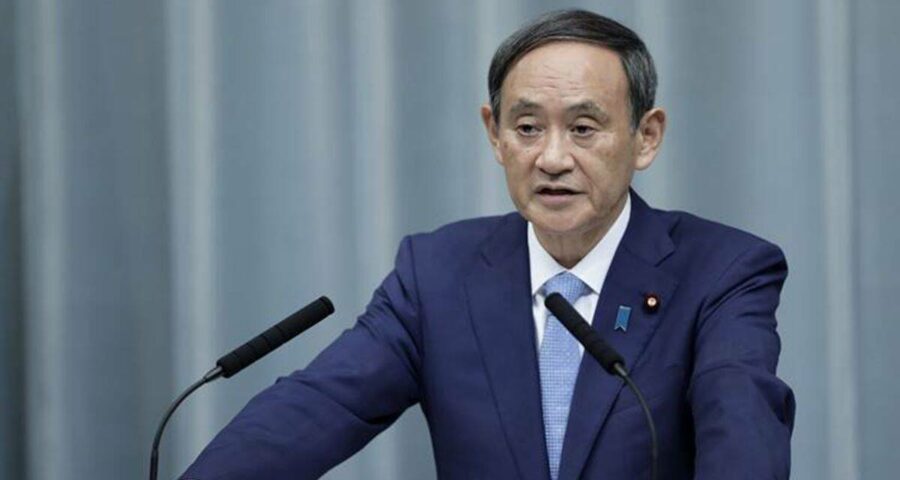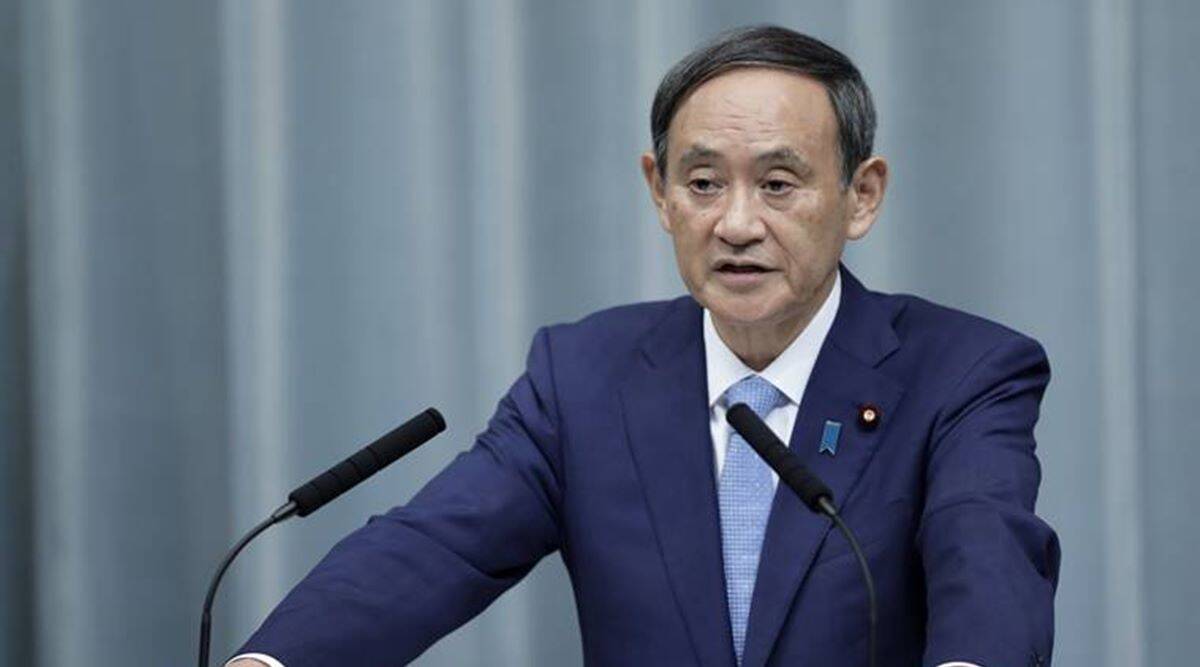Taro Kono, Japan's regulatory reform and vaccine minister, in Tokyo, Japan, on March 29, 2021. Kono said that the rate of Covid-19 inoculations in the country likely won’t pick up speed until May, despite already lagging behind some other developed nations.
Japanese Prime Minister Yoshihide Suga’s surprise decision to effectively step down as premier by dropping out from a party leadership vote throws the gates open for a race to succeed him.
Suga had no known successor lined up but under his nearly year-long term as premier, Taro Kono has emerged as one of the most prominent members of his cabinet. Kono, currently running the country’s vaccine rollout, has served previously as foreign minister and defense minister and is now considering a run for the top job, the Nikkei reported Friday.
So far, former Foreign Minister Fumio Kishida is the only declared candidate for the leadership race in the ruling Liberal Democratic Party.
Here is a list of people who may be next in line to lead the world’s third-largest economy.
Taro Kono, 58, administrative reform minister
Kono, fluent in English, has been a favourite among the public and business leaders to take over the top spot. He has advocated cuts in health and social security spending, which has ballooned as the population ages.
He is also the country’s most-followed politician on Twitter and has found broad appeal with the younger generation, boosted by attacks on antiquated practices such as the custom of hand-stamping official documents.
The son and grandson of high-profile LDP politicians, Kono attended the private Suffield Academy boarding school in Connecticut before entering Georgetown University. Kono is a member of the LDP faction led by Finance Minister Taro Aso and has expressed an interest in becoming prime minister.
Fumio Kishida, 64, former foreign minister
Kishida, 64, this week said he wanted to spend tens of trillions of yen to soften the economic fallout from the pandemic and to have people cooperate with restrictions on their movements, which are intended to slow the spread of the virus. Announcing his candidacy Tuesday, Kishida said he would keep bold fiscal and monetary policy during the Covid crisis, but seek fiscal balance in a few years, when things have returned to normal.
A self-effacing former banker, Kishida lost to Suga in last year’s party leadership election. In 2015, Kishida sealed a landmark deal with South Korea that was meant to end a dispute over women trafficked in brothels run by the Japanese military during World War II. That agreement fell apart after the election of South Korean President Moon Jae-in, who argued that the two governments didn’t sufficiently consult the victims.
Shigeru Ishiba, 64, former defense minister
Ishiba, a former defense minister, is often picked as one of the most popular choices for next prime minister in media polls. He ran against Suga a year ago but did not declare his candidacy this time around.
He has backed economic policies seen as more populist than Suga and called for reinvigorating domestic demand, particularly in the regions, to spur growth rather than relying on foreign trade. On the international front, Ishiba has shown a conciliatory attitude toward China and expressed caution about changing the country’s pacifist constitution to clarify the military’s legal standing.
Dark Horses
Former Prime Minister Shinzo Abe, who stepped down a year ago because of health reasons, has been floated as a possibility to come back. But there seems to be little appetite in the party or public for him to come back.
Ex-Internal Affairs Minister Sanae Takaichi has also said she wants to run and be the first woman to serve as prime minister. But she has little support in the party.
Source: Read Full Article


